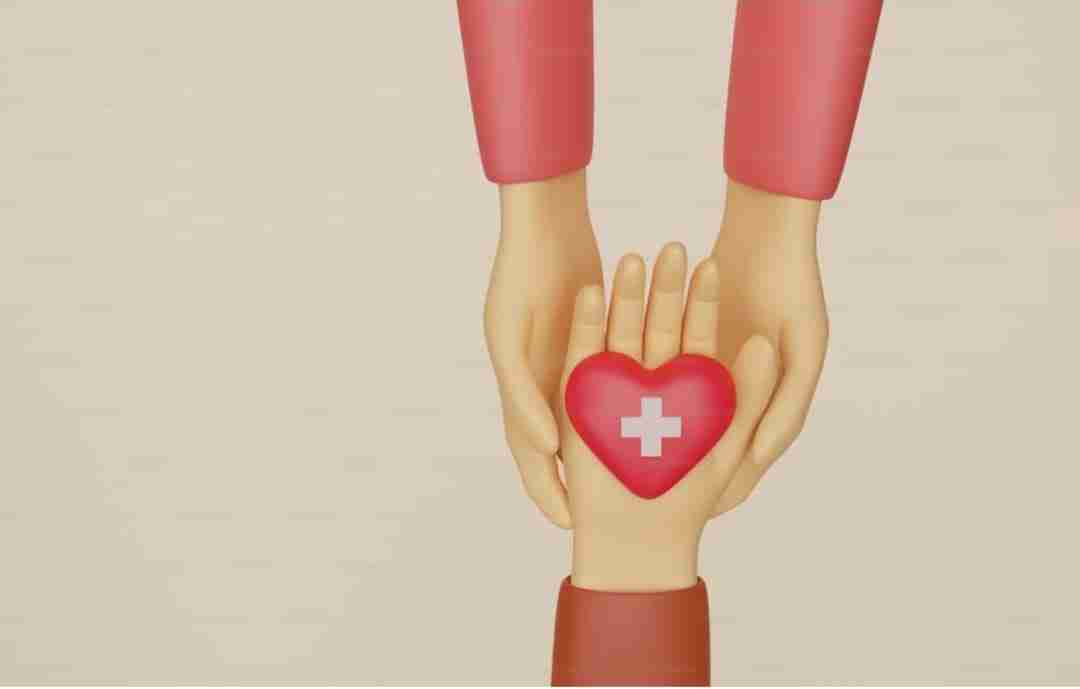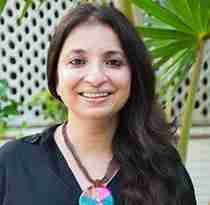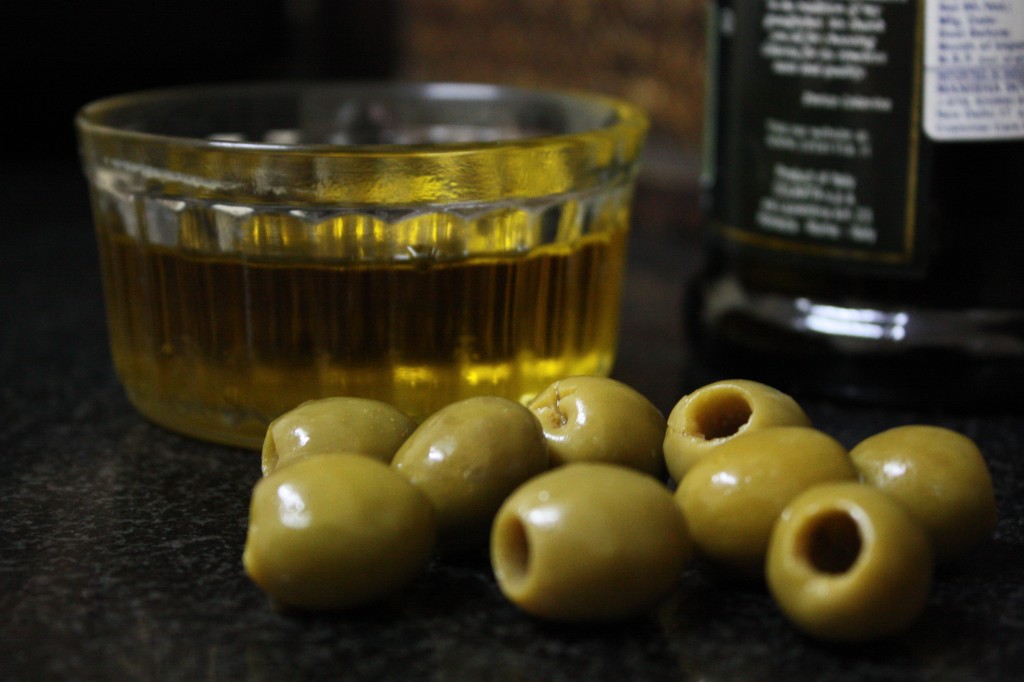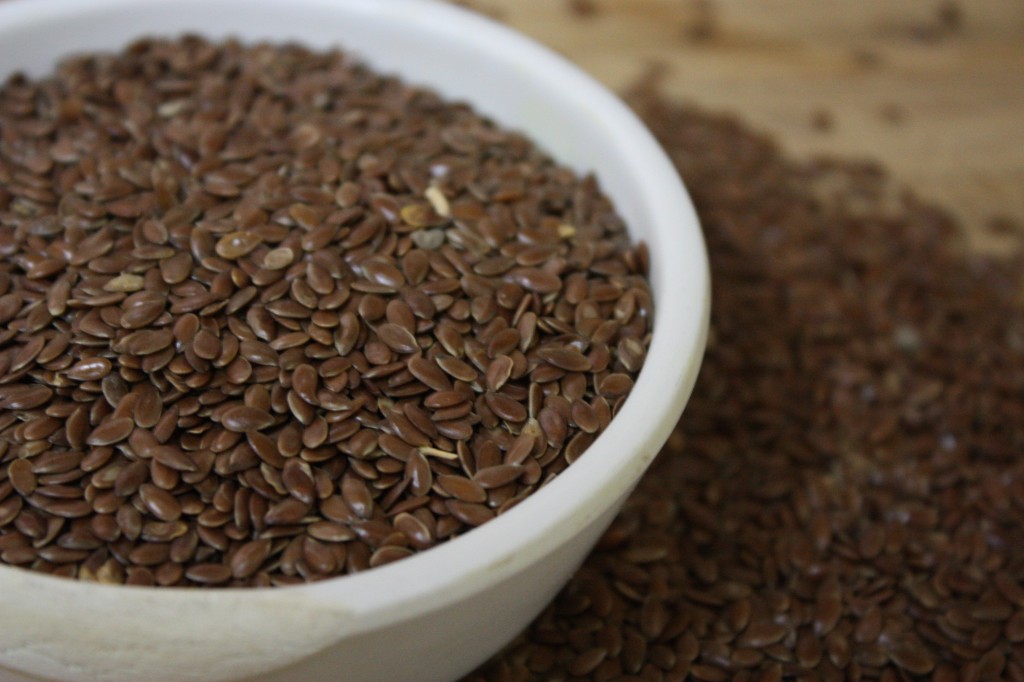Food for a healthy heart
A low cholesterol diet is important to keep your heart healthy and active. It’s done easily enough with some simple changes in what you cook with and eat. Here is a guide by nutritionist Sakshi Chawla.
 A diagnosis of high cholesterol can increase anxiety levels. Cholesterol is a fat-like substance that can build up in arteries increasing chances for developing heart disease or stroke. High cholesterol is linked to an increased risk of heart disease and heart attack. But there is something you can do today, right now, to help lower your cholesterol: Improve your diet.
A diagnosis of high cholesterol can increase anxiety levels. Cholesterol is a fat-like substance that can build up in arteries increasing chances for developing heart disease or stroke. High cholesterol is linked to an increased risk of heart disease and heart attack. But there is something you can do today, right now, to help lower your cholesterol: Improve your diet.
Your best option is to select a diet that is low in total fats, especially saturated fat, trans fat, and cholesterol. This is called a low cholesterol diet. This means your daily fat intake should be less than 35 percent of your total calories. When choosing the sources of fat in your diet, it is best to choose fats that are polyunsaturated or monounsaturated. If used moderately, these help protect the heart by increasing the level of ‘good’ HDL cholesterol in your blood.
- LDL “bad” cholesterol builds up in the arteries
- HDL “good” cholesterol takes cholesterol out of the blood
- Triglycerides are a form of fat that raises risk for heart disease
Why should you follow a low cholesterol diet?
The food we eat has three types of fats. These include saturated fats such as butter, milk and cream, lard or the fat under chicken skin. These fats tend to be solid at room temperature and are considered ‘bad’ fats because they raise LDL cholesterol. Another avoidable substance is Trans fat, which acts like saturated fat and raises the level of LDL cholesterol. Margarine and baked goods available commercially usually contain trans fats so it would be a good idea to check the label before you buy.
Unsaturated fats can be monounsaturated or polyunsaturated. Monounsaturated fats are the ‘good’ fats that help lower cholesterol levels and are among the best of the lot. Olive oil, canola oil, and peanut oil are high in monounsaturated fats. Polyunsaturated fats include corn oil, soybean oil, safflower oil and sunflower oil and though they are not bad, monounsaturated fats really simply better. Also heart healthy is fish oils, high in Omega-3 fatty acids and polyunsaturated.
So how much fat should you consume on a daily basis?
According to the Dietary Guidelines for Americans (2005 data), fats should not exceed more than 30 per cent of your daily calories. Out of these, only 10 per cent of calories should come from saturated fat. Trans fats are avoidable as much as possible.
Heart healthy eating habits.
It’s not as difficult as you think. Once you know what is right to eat and what is not, you’ll be on your way to following a healthy diet.
- Include more vegetables and fruits in your daily diet. These are good sources of vitamins and minerals, low in calories and rich in dietary fiber. Research shows that vegetables and fruits contain substances found in plants which may help prevent cardiovascular disease.
- Say yes to whole grains. These are great sources of fiber and other nutrients. Whole grains are good for regulating blood pressure and heart health. Some examples of whole grains are wheat, millet, oats, brown rice, quinoa, etc. It’s easy to include these in your diet by making simple substitutions for refined grain products. E.g., using atta (wheat) instead of maida (wheat flour) in baking or using brown rice instead of polished rice.
3.Another good whole grain addition to your diet is ground flaxseed. Called the new miracle food, Flaxseeds are easily available. These are small brown seeds that are high in fiber and contain Omega-3 fatty acids, which can lower your total blood cholesterol. Flaxseed can be roasted and powdered and added to the chapatti flour. Also they could be roasted and eaten as such or added to daliya/ cornflakes. Amount recommended per day is 10 to 15 gms i.e., 2 tsp per day.
4. Control bad fats and cholesterol
It’s important to control and limit the intake of saturated and trans fats in your food. It can reduce your blood cholesterol and lower your risk of coronary artery disease. Limit the solid fats like butter, margarine and shortening in your food, especially baked products.
Opt for monounsaturated fats, such as olive oil or canola oil or polyunsaturated fats, found in nuts and seeds. In fact these may actually help lower your total blood cholesterol. This doesn’t mean you go overboard with the ‘good ‘oils. Moderation is a must as all types of fat are high in calories.
5. Where’s your protein coming from?
Choose low fat protein like lean meat, poultry and fish, low-fat dairy products and egg whites. Go for skim milk rather than whole milk and skinless chicken breasts rather than a fried chicken burger. If you are a non vegetarian, fish is a very good alternative, especially cold water fish like salmon, mackerel and herring, rich in Omega 3 fatty acids. Like we said earlier, flaxseed is great as are walnuts, soybeans and canola oil.
Keep your date with dal. Legumes in every form, be it beans, peas and lentils are good sources of protein and contain less fat and no cholesterol, making them good substitutes for vegetarians and non vegetarians alike. Substituting plant protein for animal protein will reduce your fat and cholesterol intake.
6. Go low on salt
High blood pressure is a risk factor for cardiovascular disease and eating a lot of sodium can contribute to that. Reducing sodium is an important part of a heart-healthy diet. Start by reducing the amount of salt you add to the food cooking or at the table. Instead of store bought ready to eat products like soups and curries or curry paste, make your own as these usually have high sodium content.
Heart picture: Wikimedia Commons
Olive oil & flaxseed picture: Silvertalkies
Comments
You may like to read:

Health and wellness
Five Lifestyle Changes To Ease Bladder Control

jessica smith
5 mins read

Health and wellness
Five things to keep in mind when considering organ donation

sunayana singh, ceo of organ india, an initiative of the parashar foundation
3 mins read

Health and wellness
How NURA Uses AI-Enabled Screening to make a difference in Preventive Healthcare

Silver Talkies
4 mins read



Post a comment